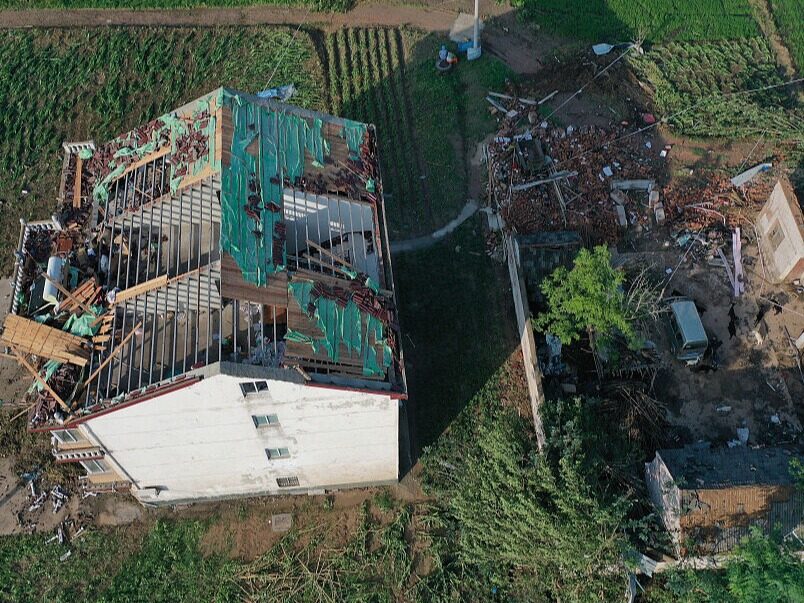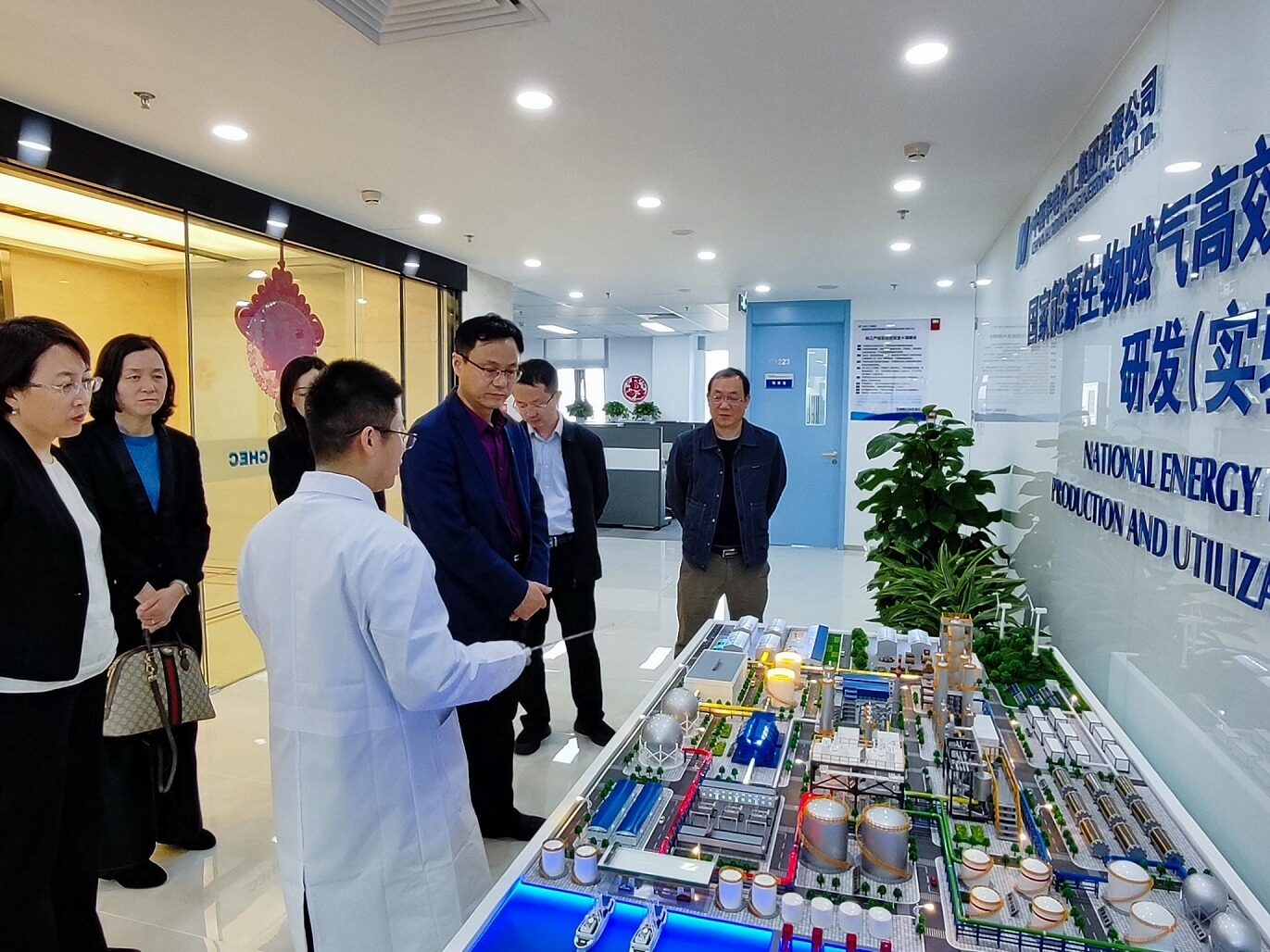- This energy revolution will determine the development fate of Africa's largest economy and bring opportunities

Nigeria, the largest economy in sub Saharan Africa, is facing an energy battle that will determine the fate of the country. Although Nigeria has a population of 220 million and a huge economic scale, it has long been mired in an electricity crisis: the national power grid frequently collapses, and nearly 40% of the population lives without electricity. In May 2025, the Federal Government of Nigeria approved the National Comprehensive Electricity Policy, which aims to comprehensively upgrade the power system through a strategic investment of $122 billion, covering power generation, transmission, distribution, and renewable energy projects, with a focus on supporting small hydropower, solar microgrids, battery energy storage, and rural electrification.
The power crisis has become the biggest bottleneck restricting Nigeria's economic development. In 2024, there will be 12 nationwide power grid collapses, and in early 2025, there will be 2 major power outages, exposing the vulnerability of infrastructure. At present, there are still 20000 communities nationwide without electricity, and 80 million people rely on their own generators, which increases production costs for enterprises by 30-40% and seriously weakens the competitiveness of the manufacturing industry.
The announced $122 billion investment plan demonstrates the determination for comprehensive reform. In the field of power distribution, the government will invest 225 billion naira to implement the "electricity meter revolution", with plans to install 3.2 million smart meters and invest 36.26 billion naira in key infrastructure construction such as the Zukungu transmission line. In terms of renewable energy, the 50 MW grid connected solar project in Jigawa State has received a special funding of 10 million naira. It is worth noting that the government pays special attention to livelihood projects, including the construction of small-scale power grids for universities worth 24 billion naira and the solar street light project for highways worth 24.7 billion naira.

These measures will directly improve the quality of life of the people, and market opportunities will emerge accordingly. The demand for household photovoltaic energy storage systems has surged, with Nigeria importing 4089 tons of lithium batteries from China in the first four months of 2024. The import market for power equipment is also vast, with transformer procurement and transmission line projects providing huge business opportunities for Chinese enterprises. The import market for power equipment is also vast, with a budget of 47.35 billion naira for transformer procurement and 36.82 billion naira for transmission line supporting projects, providing huge business opportunities for Chinese enterprises. The government's $23.2 billion energy access plan for 20000 communities without electricity will create sustained market demand.
Chinese companies have seized the opportunity: China Power Construction has undertaken the construction of the 700MW Zonggelu hydropower station and the Abu Dhabi parliament building photovoltaic project; Gezhouba Group has secured the contract for a 360MW photovoltaic power station in Lagos; Tianhua New Energy invested 200 million US dollars to develop a lithium mine in Kebi State. Challenges still exist, as policy fluctuations, transmission bottlenecks, economic downturns, and weak supporting facilities may affect investment effectiveness. The international community provides support, with the World Bank issuing a $1.74 billion power restoration loan and the "Green Vision" plan committing to achieving 30% clean energy supply by 2030. The total profit of Nigeria's banking industry in 2024 reached 4.79 trillion naira, creating favorable conditions for financing.
This energy revolution concerns the well-being of 80 million people and is crucial for Nigeria to break the "resource curse" and achieve economic transformation. For Chinese companies, this is both an opportunity to fulfill international responsibilities and a strategic location to explore emerging markets.(This article is from the official website of Jian Dao www.seetao.com. Reproduction without permission is prohibited, otherwise it will be prosecuted. Please indicate Jian Dao website+original link when reprinting.) Jian Dao website strategy column editor/Yang Beihua
Comment
 Praise
Praise
 Collect
Collect
 Comment
Comment
 Search
Search














Write something~